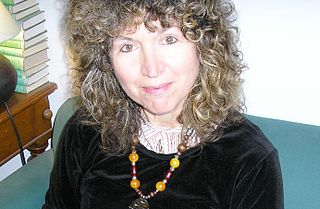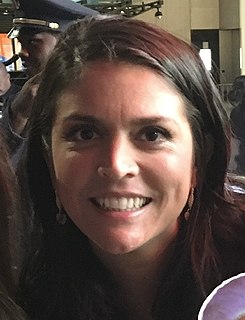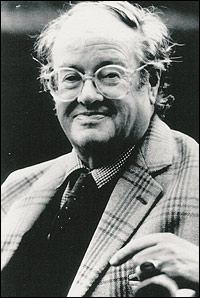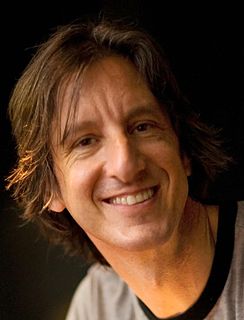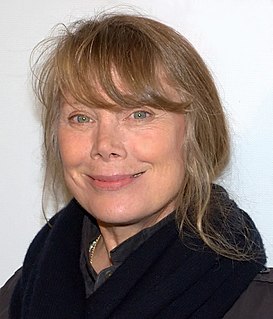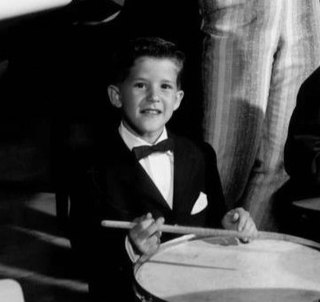A Quote by Tim O'Brien
We tend to regard history as true and 'The Adventures of Huckleberry Finn' as untrue. That's always puzzled me.
Quote Topics
Related Quotes
One of our continuing myths was summed up in Huckleberry Finn: Our escape, what we think of as our escape, is that we can always light out for the territories. Well, we really can't, not anymore, but that's part of the American character - that belief that at any moment, I could just drop the coffee cup and disappear. And it makes for a different self-image and a different story, in a way.


